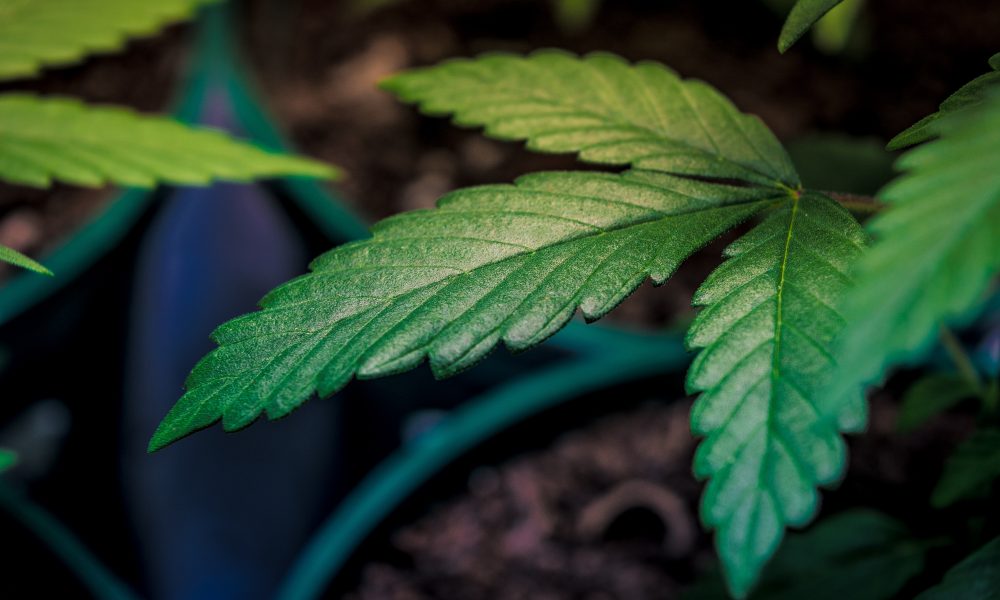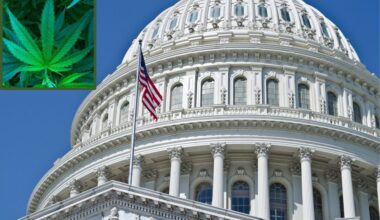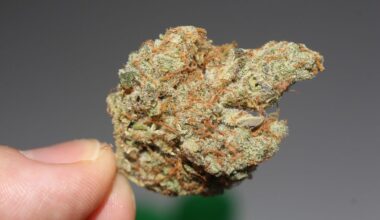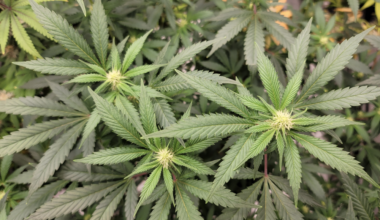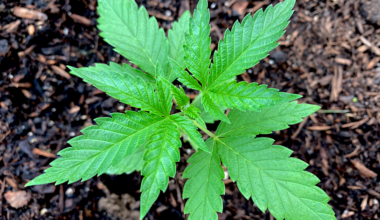“I took samples to show him what an ounce actually looks like—what 3.5 grams actually looks like.”
By Nick Judin, Mississippi Free Press
Medical marijuana, income tax reform, legislative redistricting, teacher pay, the rebuilding of the ballot initiative process and more than $1.6 billion in federal funds from the American Rescue Plan Act waiting for appropriation are high on the agenda of the 2022 Mississippi legislative session. As they returned on January 4, lawmakers faced a massive slate of priorities and a limited window in which to accomplish them.
Looming above it all is the ongoing omicron surge, the most infectious stage of the pandemic thus far. The day the session gaveled in, the Mississippi State Department of Health was recording 6,592 new cases of COVID-19, blowing through August’s peak of 5,048.
Lt. Gov. Delbert Hosemann (R) was the first high-profile infection of the legislative session, showing up to gavel in only a day before testing positive, potentially exposing numerous legislators, capitol workers and most of the capitol press corps. Hosemann, who previously tested positive in an earlier legislative outbreak and is fully vaccinated, is having an asymptomatic case.
Of all the priorities in the near future for the short session, none has been more comprehensively discussed, tweaked, debated and recalibrated than the state’s long-awaited medical-marijuana plan. With a supportive majority across both the House and Senate, only Gov. Tate Reeves’s (R) opposition threatens the plan’s adoption.
One Last Meeting with Governor
Medical marijuana, which voters approved in 2020 before the entire ballot initiative process was overturned in 2021, is expected to be an early priority of the Legislature. After months of legwork, including hearings, meetings and private conversations between legislators, limited room to negotiate on the details of the proposal remains.
Wednesday afternoon, Sen. Kevin Blackwell (R), who is the architect of the medical-marijuana bill on the Senate side, had a final meeting with Gov. Reeves to come to an agreement on the bill’s last details. Reeves’s opposition to the plan has evolved from vague distaste to the promise of a veto if the bill approves medical-marijuana recipients for the currently planned amount of marijuana.
“I believe 11 joints a day, every day, for everyone with a MJ card is too much! And I believe the potential of 100,000,000 joints PER MONTH on the streets is more of a recreational program,” the governor wrote on social media in late December.
In an interview with the Mississippi Free Press, Blackwell described the meeting as cordial, but acknowledged that neither party was inclined to budge on the biggest issues. “I thought it went well. [The governor] was receptive, appreciative of the meeting. Hopefully we moved the bar a little bit closer to an agreement,” Blackwell said. “He was non-committal, so they’re going to think about what we said and get back with us.”
Niceties aside, the legislative proposal thus far isn’t buckling under the governor’s pressure. “We’ve presented what we thought was reasonable,” Blackwell said. “The amount has not changed. It’s still four ounces [per month] right now.”
The Legislature’s proposal, which is intended to fill in for the broadly worded Initiative 65, allows physicians with a “bona-fide practitioner-patient relationship” to certify patients for cannabis. These cannabis certifications provide for the purchase of medical cannabis in various forms, including smokables. Reeves, who previously indicated that agreement between the House and Senate would be sufficient for a 2021 special session to pass the bill, wants deeper restrictions on the amount of marijuana provided to patients.
Blackwell told the Mississippi Free Press that he hoped Mississippi’s additional safeguards against recreational use of the medical-marijuana product would convince Reeves that the current limits on supply would be sufficient.
“We talked about the differences between what he has portrayed as being Oklahoma’s bill…to the things that we’ve done, what we’ve put in place, the safeguards which Oklahoma didn’t have,” he said. “They didn’t have a seed-to-sale tracking system. I don’t believe there’s any cap on the [qualifying] diagnoses, we have, I think, 28 debilitating diagnoses.”
“Counties and municipalities can opt out of the program,” Blackwell added. “We’ve gotten so many [safeguards] in place.”
Blackwell says he brought physical samples of hemp, which is legal, to the meeting for the governor to examine. “I took samples to show him what an ounce actually looks like—what 3.5 grams actually looks like.”
Governor’s Veto Ahead?
Whether the appeal moves the governor or not may be more relevant than legislative backers of the plan would hope. “We have the votes to get it through,” Blackwell said, meaning the majority necessary to send the bill to the governor. “Do we have the votes to override a veto? I don’t know. That’s a topic of discussion for another day.”
Diplomatic as his conversation with the governor may have been, Blackwell seemed confident that the Legislature had done its part, collectively, to create a satisfactory bill.
“Lee Yancey’s been great. Speaker [Philip Gunn] and Jason White have been great. It has been an eye-opening experience to go through a bill of this nature. I don’t know if any bill has been vetted like this…with the transparency that’s occurred,” Blackwell said in an earlier interview.
For medical marijuana, Lt. Gov. Hosemann now holds the ball, set to assign the bill to the relevant committee as he recovers from his second case of COVID-19. Blackwell explained that the bill would pass to the Public Health Committee, where Sen. Hob Bryan (D) would shepherd it to the Senate floor.
In a Wednesday interview, Bryan told the Mississippi Free Press that he wouldn’t be a roadblock in the process, intending to pass it along to the floor as quickly as he could. “Assuming a bill is introduced, and assuming it comes to public health…I would call the meeting as soon as is reasonably practical,” Bryan said.
Blackwell asserted that none of the tweaks remaining in the bill would delay its committee assignment. Assuming coronavirus does not further delay the session, which is unknown, a Senate floor vote in the next week seems likely.
This story was first published by Mississippi Free Press.
Medical Disclaimer:
The information provided in these blog posts is intended for general informational and educational purposes only. It is not a substitute for professional medical advice, diagnosis, or treatment. Always seek the advice of your physician or other qualified healthcare provider with any questions you may have regarding a medical condition. The use of any information provided in these blog posts is solely at your own risk. The authors and the website do not recommend or endorse any specific products, treatments, or procedures mentioned. Reliance on any information in these blog posts is solely at your own discretion.
